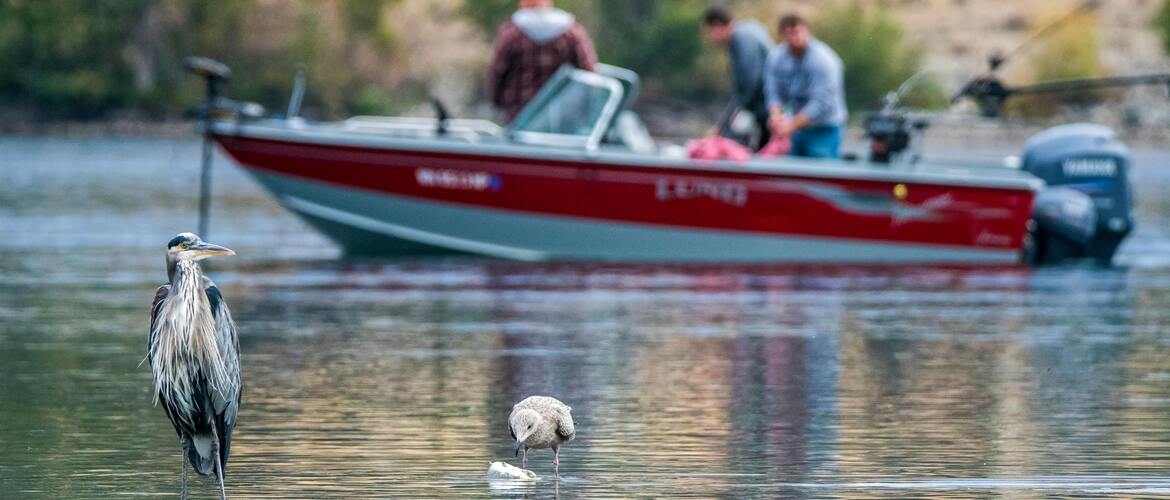Navigating the Waters: The Environmental Impact of Boating and How to Reduce Your Carbon Footprint

The Environmental Impact of Boating:
Boating, like many human activities, has a range of environmental impacts that can harm our planet. One of the most significant impacts of boating is the emission of greenhouse gases from fuel combustion. Gasoline and diesel engines used in boats release carbon dioxide, nitrogen oxides, and other pollutants into the atmosphere, contributing to climate change and air pollution. These emissions can have detrimental effects on air quality, human health, and wildlife.
In addition to air pollution, boating activities can also lead to water pollution. Oil spills, fuel leaks, and improper discharge of sewage and waste from boats can contaminate water bodies, threatening aquatic life and ecosystems. Plastic pollution is another concern, as boaters often generate plastic waste that can accumulate in waterways and harm marine animals.
How to Reduce Your Carbon Footprint:
Reducing your carbon footprint while boating is essential for protecting the environment and preserving the beauty of our waterways. Here are some practical tips to help you minimize your impact on the environment:
1. Choose environmentally-friendly propulsion: Consider using electric or solar-powered boats, which produce zero emissions and reduce reliance on fossil fuels. These alternative propulsion systems are quieter, cleaner, and more energy-efficient than traditional gasoline engines.
2. Practice fuel-efficient boating habits: Reduce your speed to conserve fuel and minimize emissions, plan your routes efficiently to optimize fuel consumption, and avoid unnecessary idling. Regular maintenance of your engine and propeller can also improve fuel efficiency.
3. Proper waste disposal: Dispose of trash, oil, and sewage properly to prevent pollution of water bodies. Use designated waste disposal facilities and avoid dumping waste overboard. Consider using biodegradable and non-toxic cleaning products to minimize the impact of boat maintenance on the environment.
4. Support marine conservation efforts: Get involved in clean-up events, volunteer with local conservation organizations, and advocate for policies that promote sustainable boating practices. By taking an active role in protecting our lakes, oceans and waterways, we can ensure that future generations can continue to enjoy the beauty and abundance of marine life.
In conclusion, the environmental impact of boating is a critical issue that requires our attention and action. By adopting sustainable practices, investing in eco-friendly technologies, and supporting conservation efforts, we can reduce our carbon footprint and minimize the harm caused by boating activities. Together, we can make a positive impact on the health of our oceans, lakes and rivers. Let's navigate the waters responsibly and protect the environment for all to enjoy.























